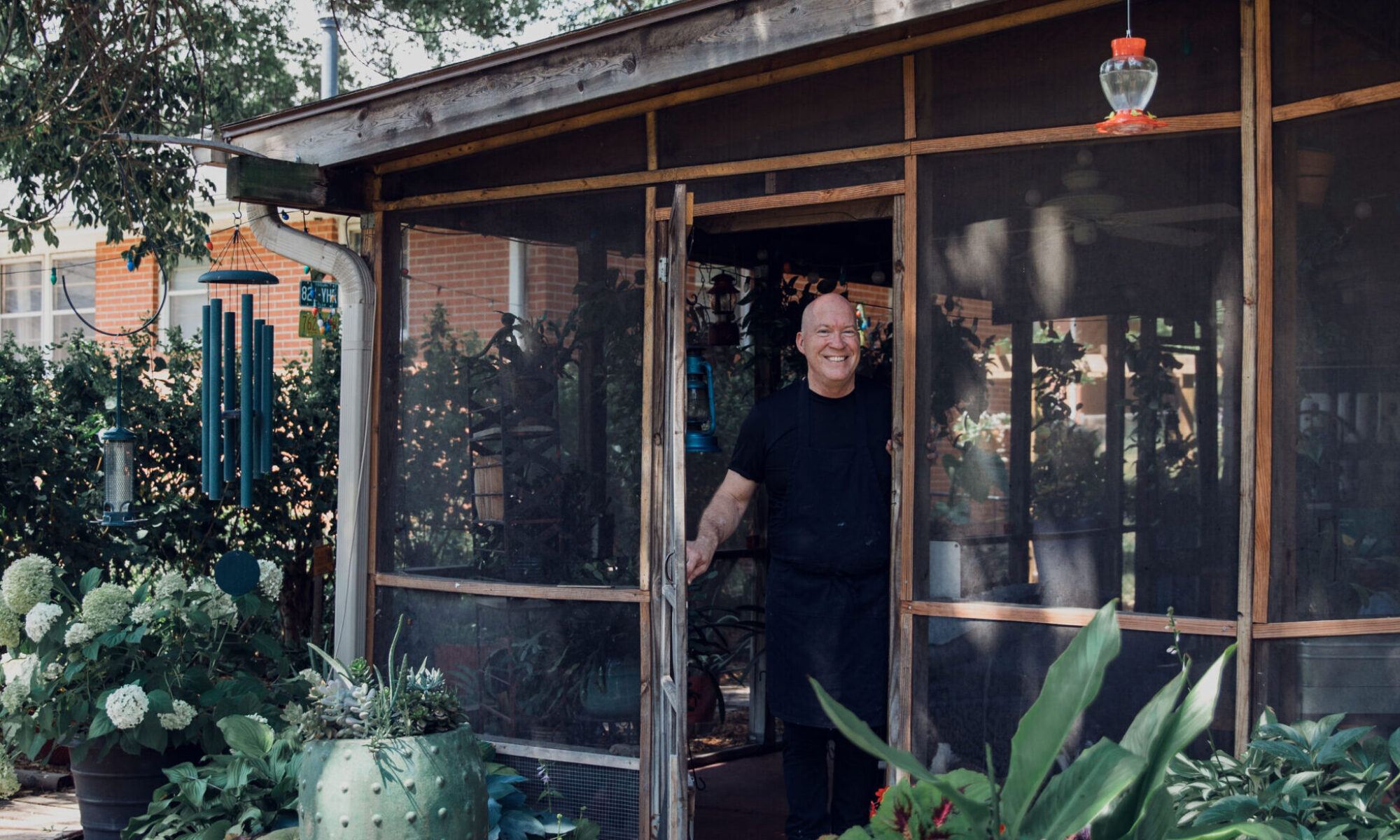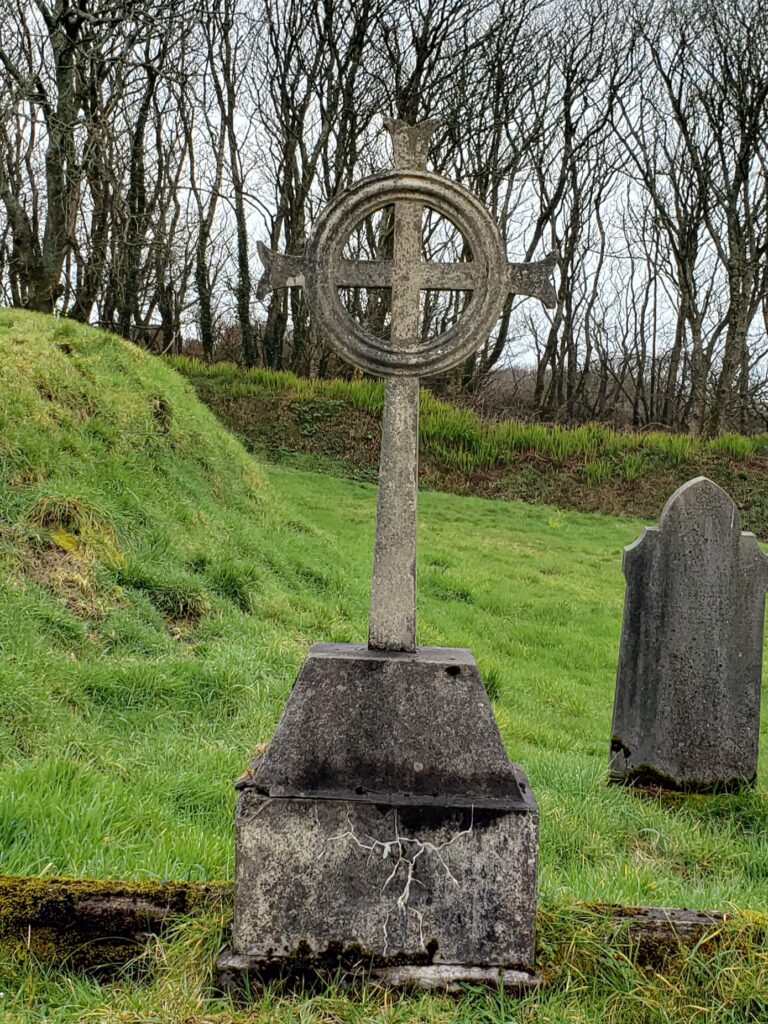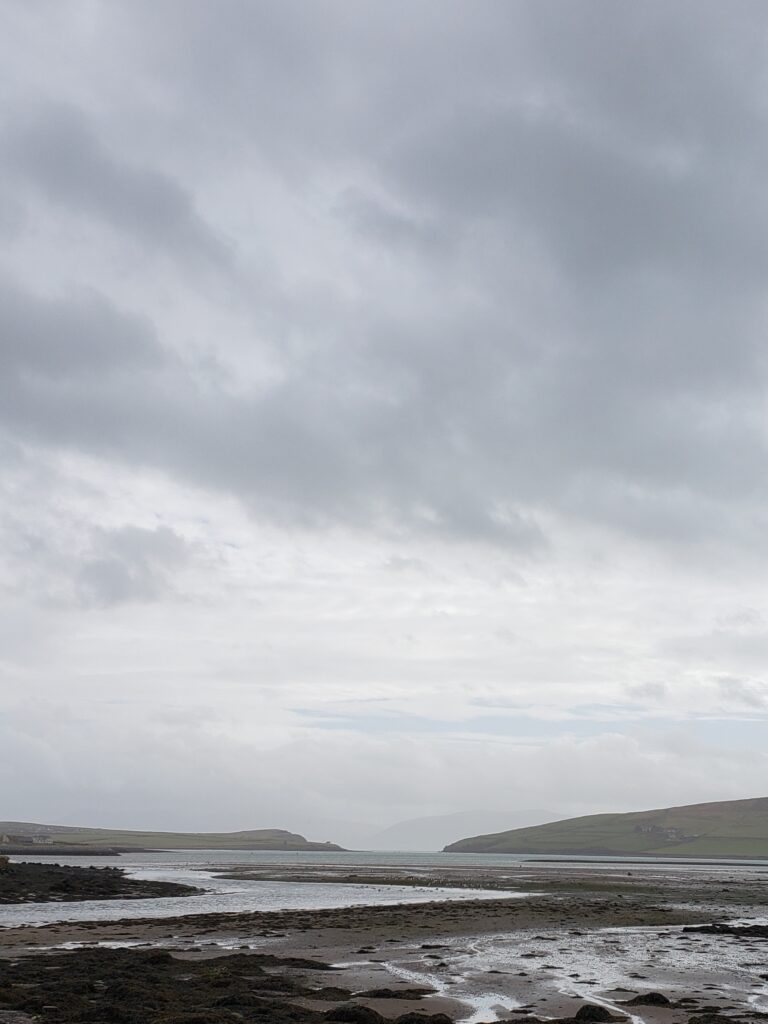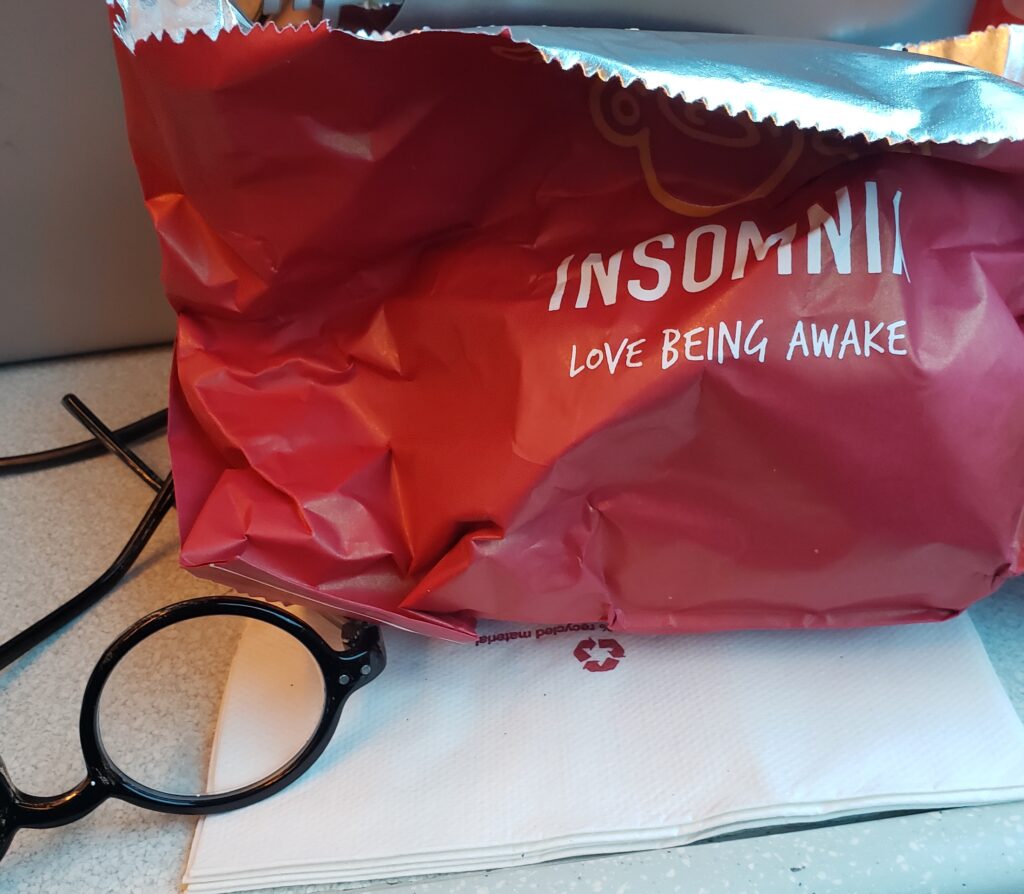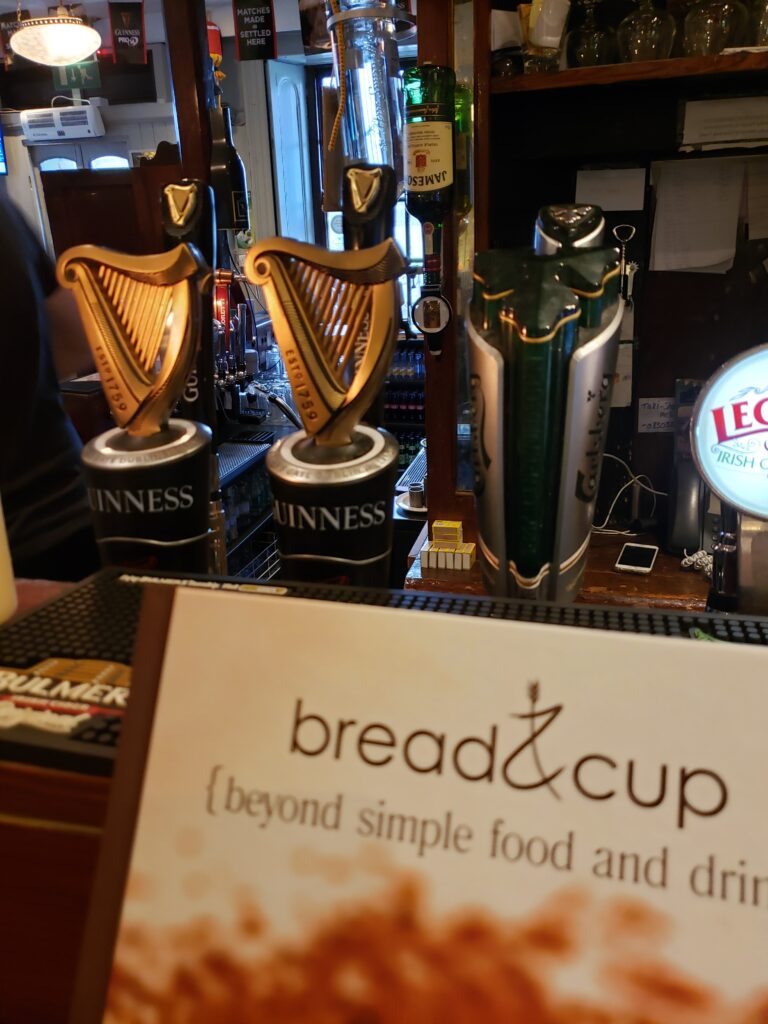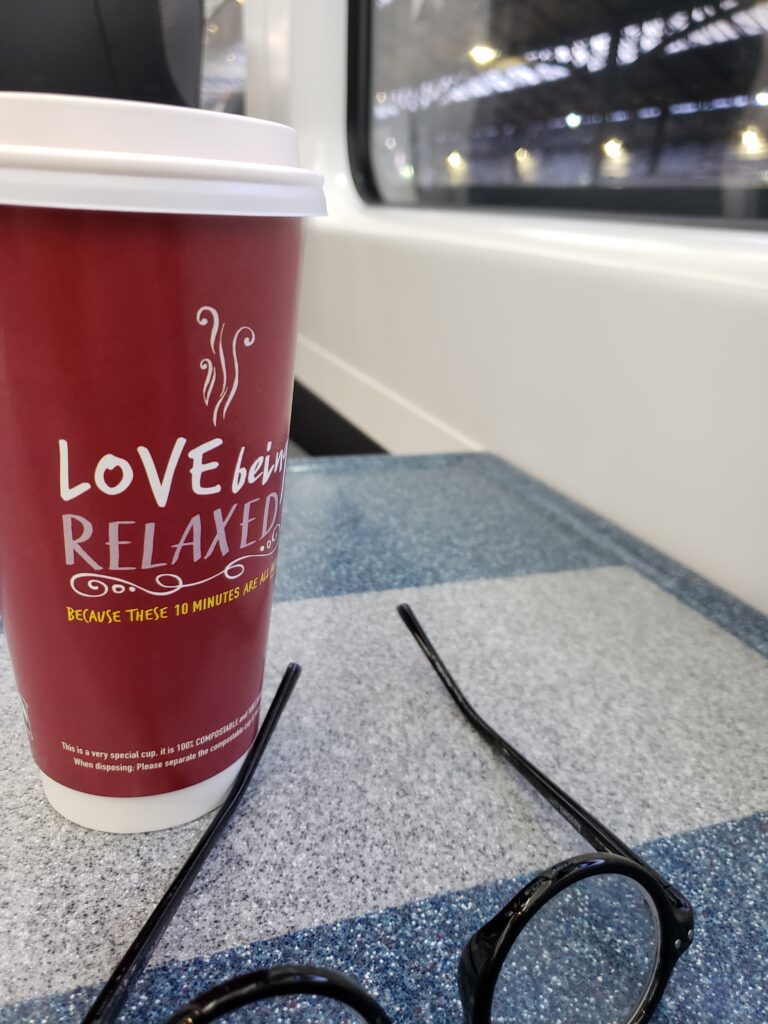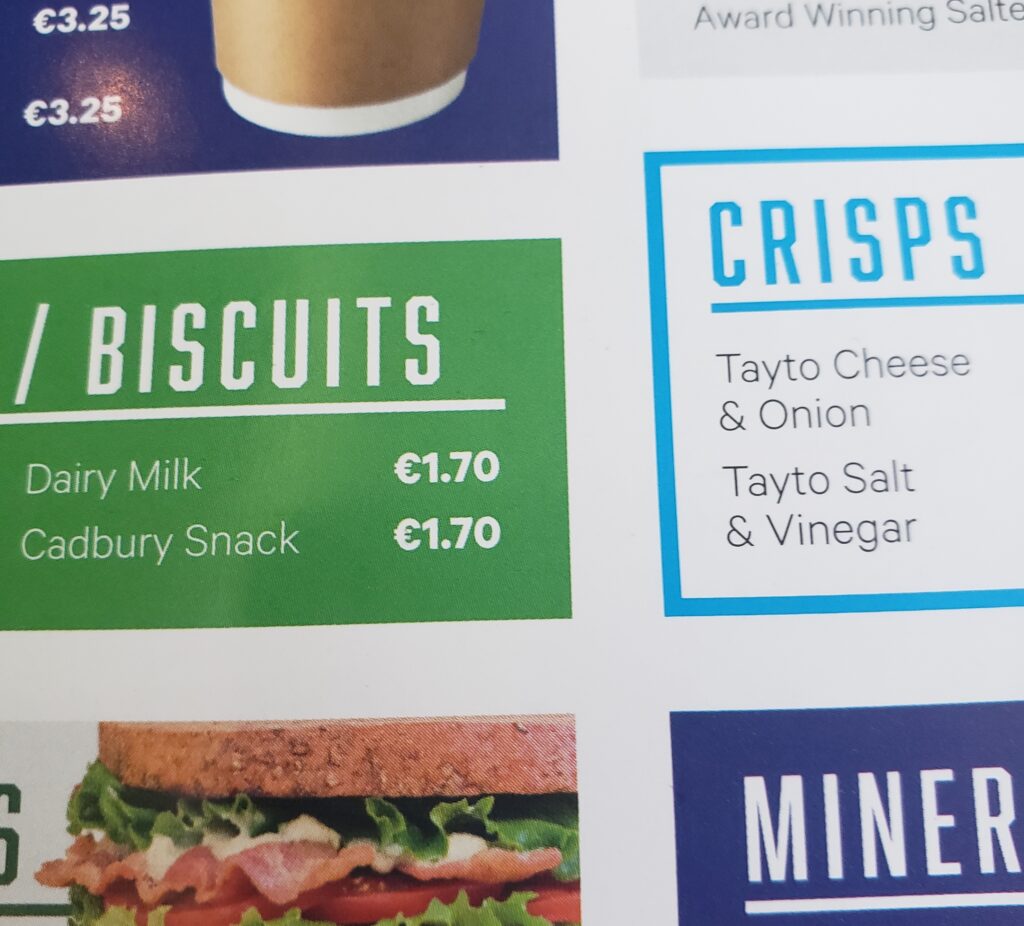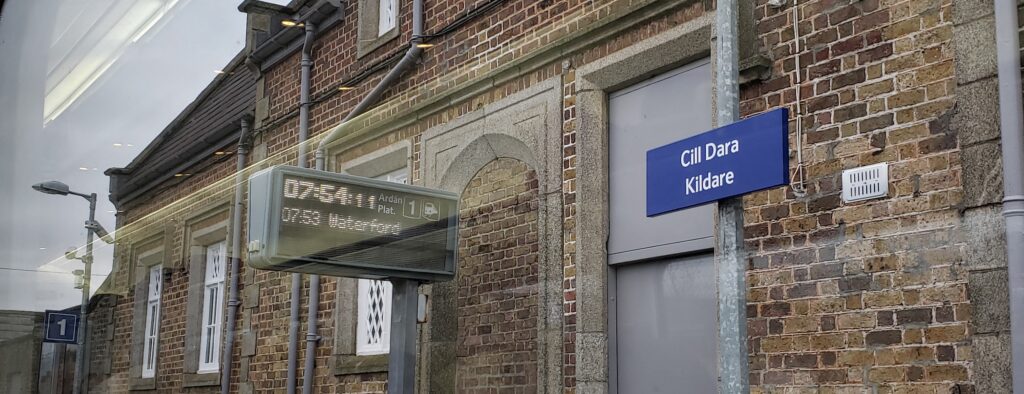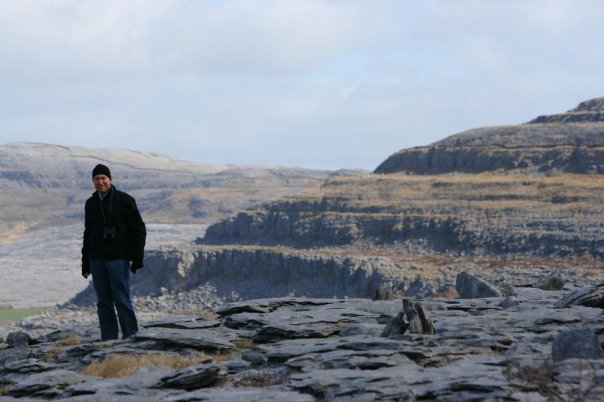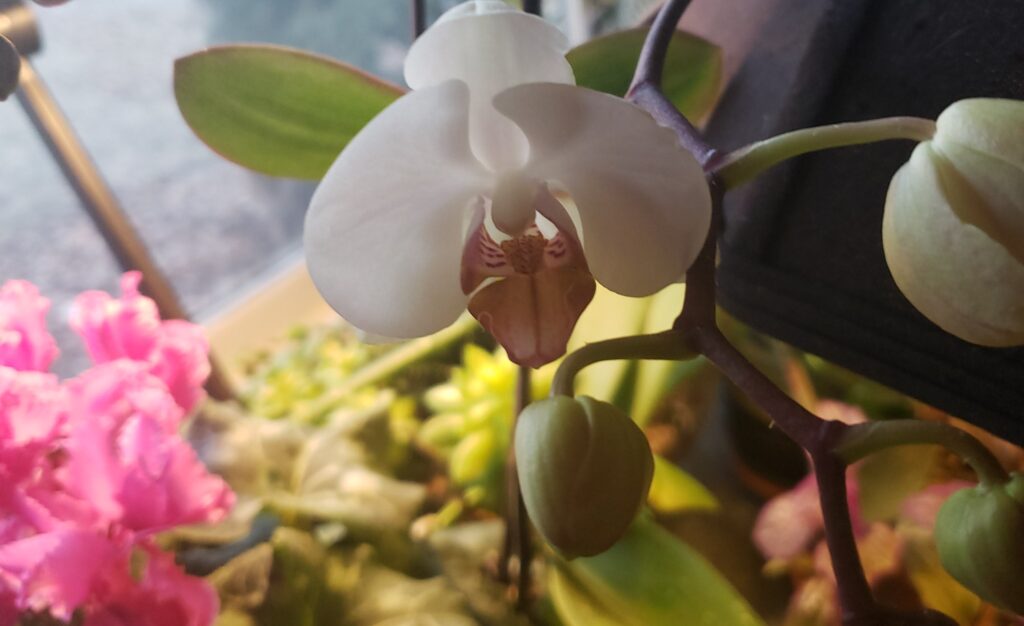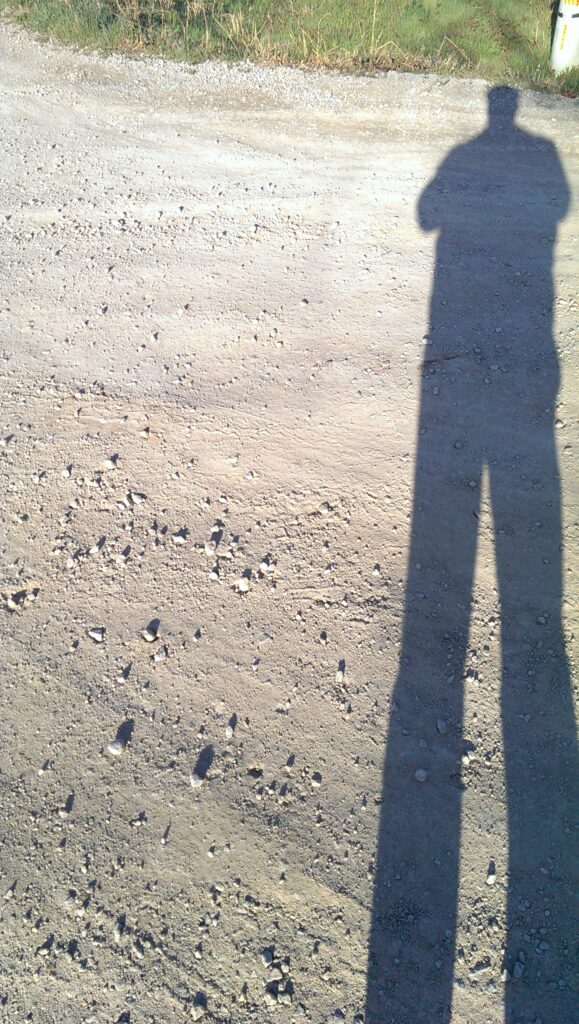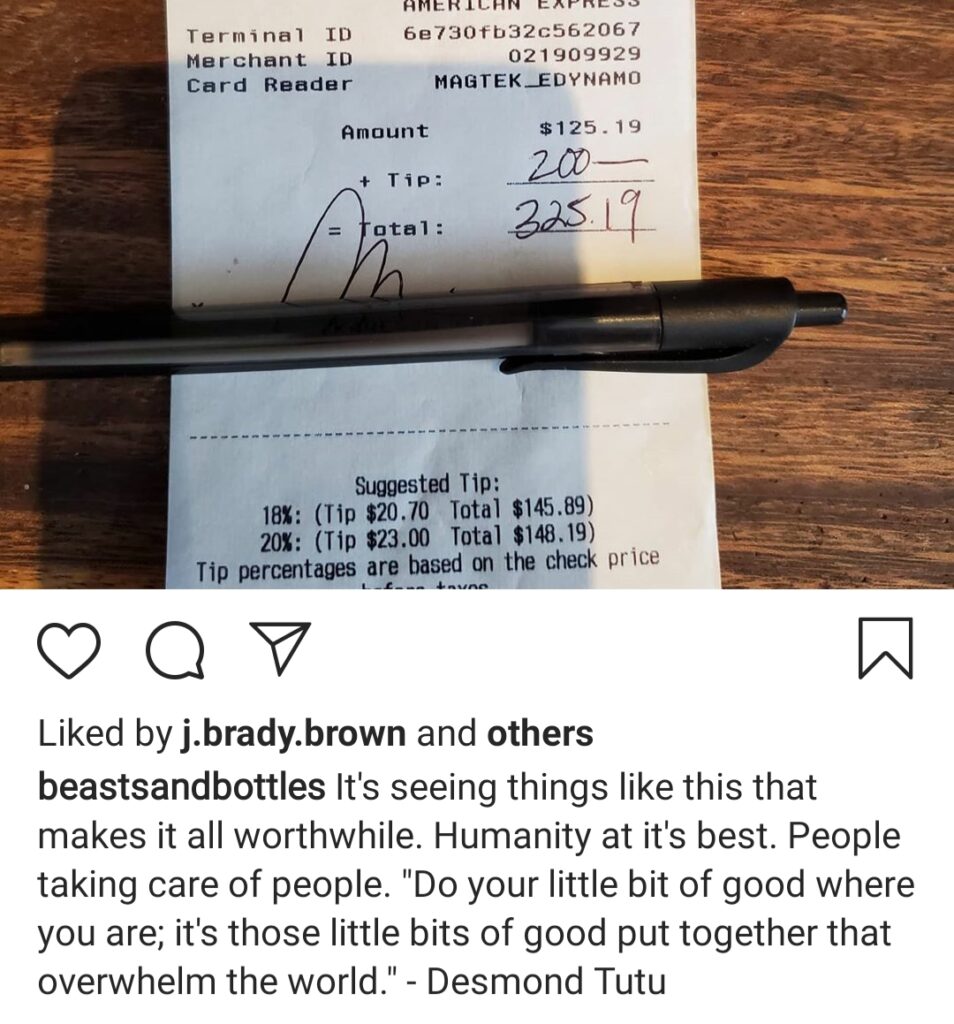
I decided to cut my Ireland trip short by four days. Forgoing the remaining historic destinations were an easy trade off for the assurance of getting home. Being stranded abroad will be the fate for many travelers in the coming days. That was an experience on which I wanted to miss out.
Already this morning, it’s painfully striking the number of tempers flaring and accompanying complaints that their owners feel the need to broadcast audibly as we stood in multiple queues for immigration and security. Impulse is rarely a good idea, unless it’s jumping out of the way of an oncoming truck.
The slag of all that negativity that was splashed on me without my permission needed to get washed off. I sit on the tarmac with other grumbling passengers, waiting for the others to make it through security. But I don’t care to complain, even though there is plenty to stew on. I don’t want to be wealthy in complaint. I’d rather be rich in Gratitude.
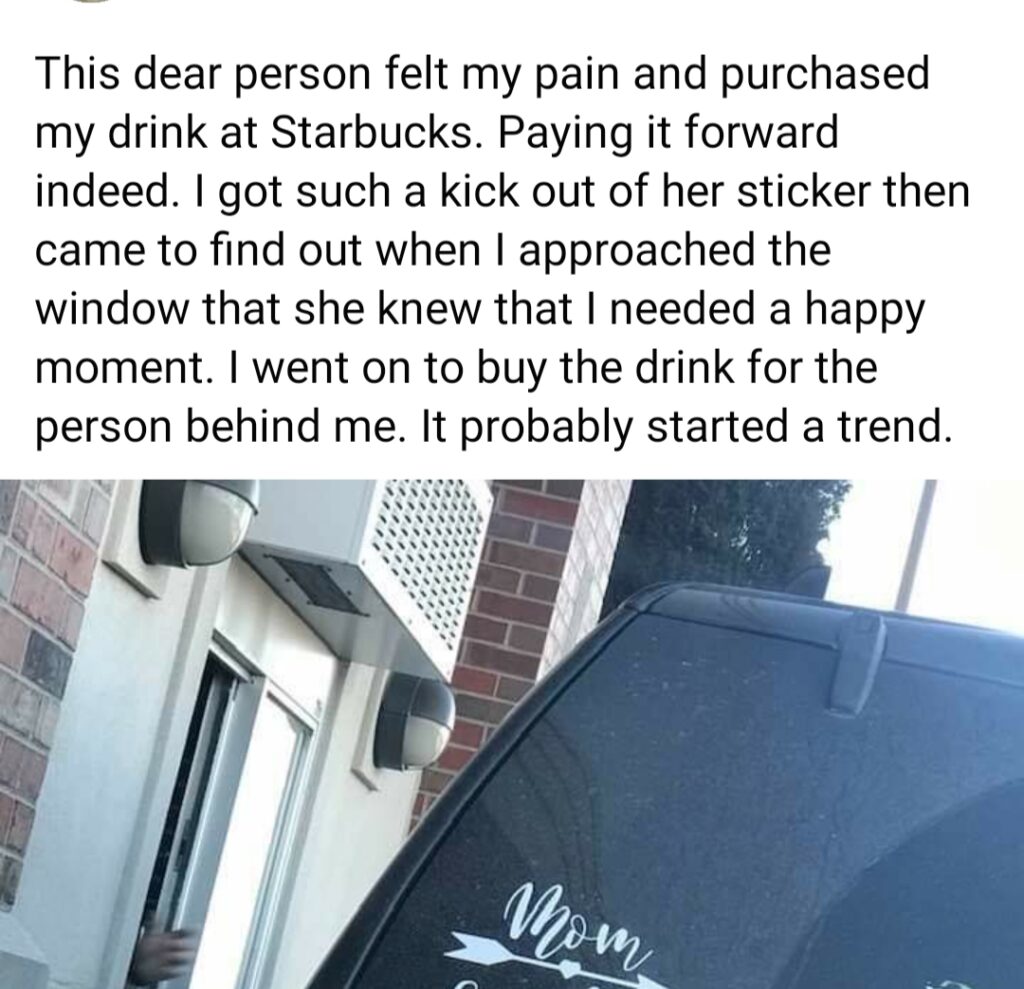
Complaining is just like Twitter. There is no upside to using it, and I’m better off by staying far away. One ill-timed, 140-character sucker punch can damage a career, a relationship or suddenly spoil a good mood. All this because of a reaction that could have been avoided by someone taking a deep breath and hitting delete.
The uncertainty of these days led me to be on the move while I can. This is less about fear and more about prudence. If it’s slow and frustrating today and the travel ban goes into effect tomorrow, I can only imagine it getting worse before it gets better.
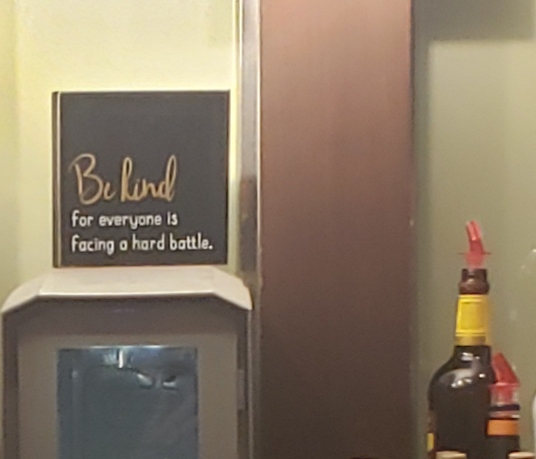
I can’t fathom the multiple tremors that are going to ripple out across the future of every social and economic circle imaginable because of this disruption. That makes today a great time to move in the opposite spirit of the circumstances of the day. Now is the time to oppose scarcity with abundance. Tackle frustration with peacefulness. Go up against cynicism with vulnerable kindness. Watch who wins.
Negativity is always easier because it cooperates with gravity. Drop one thoughtless complaint and it will sink to the bottom quickly, and bring you and others down with it.
On the other hand, this airplane on which I sit, also cooperates with gravity. In doing so, it takes me in another direction. It moves me upward, not down. This flying machine can lift lots of people off the ground and safely carry us for a very long distance. But it does so by design, not by accident. And that’s a key difference.
Doomsday headlines are already reading like this: PANDEMIC RISKS BRINGING OUT THE WORST IN HUMANITY. I’m going to stand on the other street corner and shout the opposite. THIS PANDEMIC RISKS BRINGING OUT THE BEST IN HUMANITY. There’s no reason it can’t. All it will take are enough people who chose to respond intentionally, thoughtfully and beautifully rather than negatively and impulsively.
Malcom Gladwell coined the term, tipping point, as the point at which a series of small changes or incidents becomes significant enough to cause a larger, more important change.
The pandemic of sickness has tipped the whole world. I believe the pandemic of generosity and kindness can tip it back over, right side up.
Make today count.
